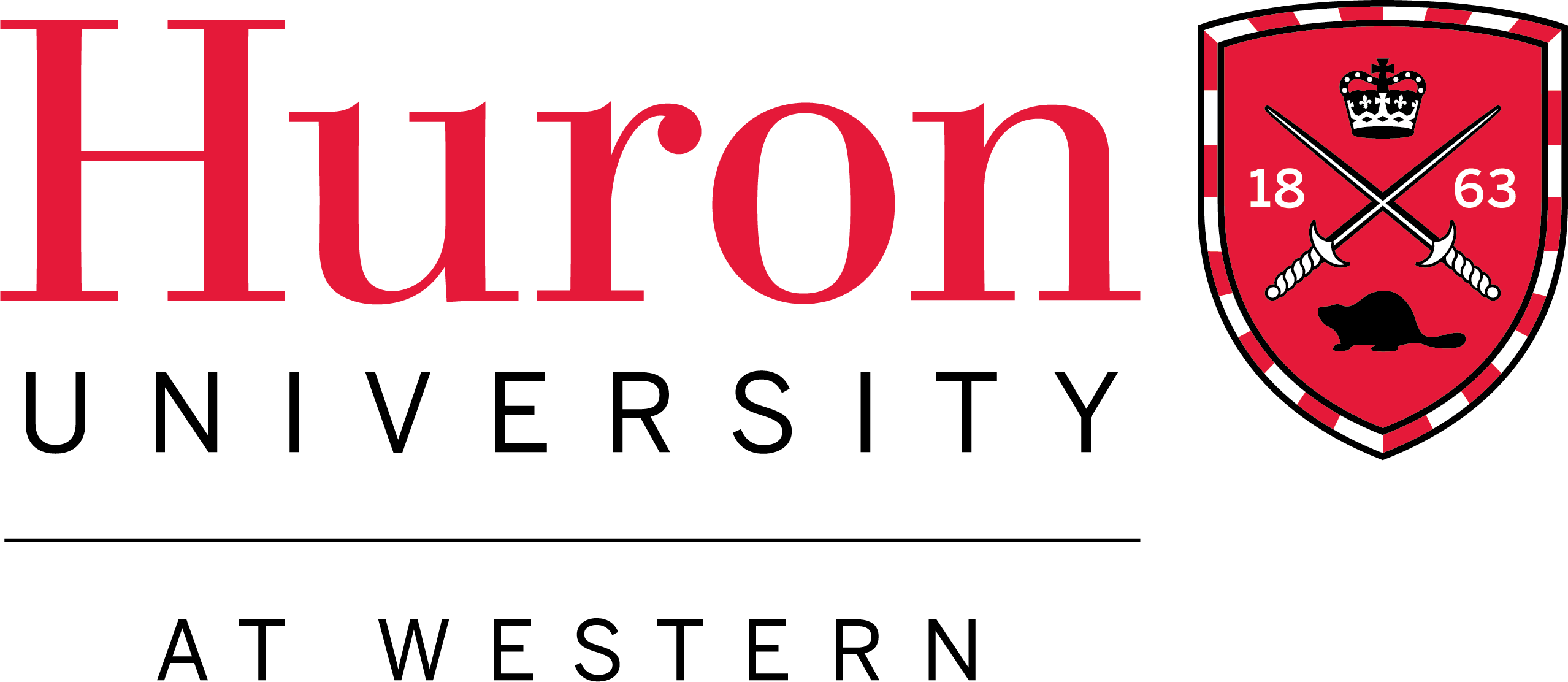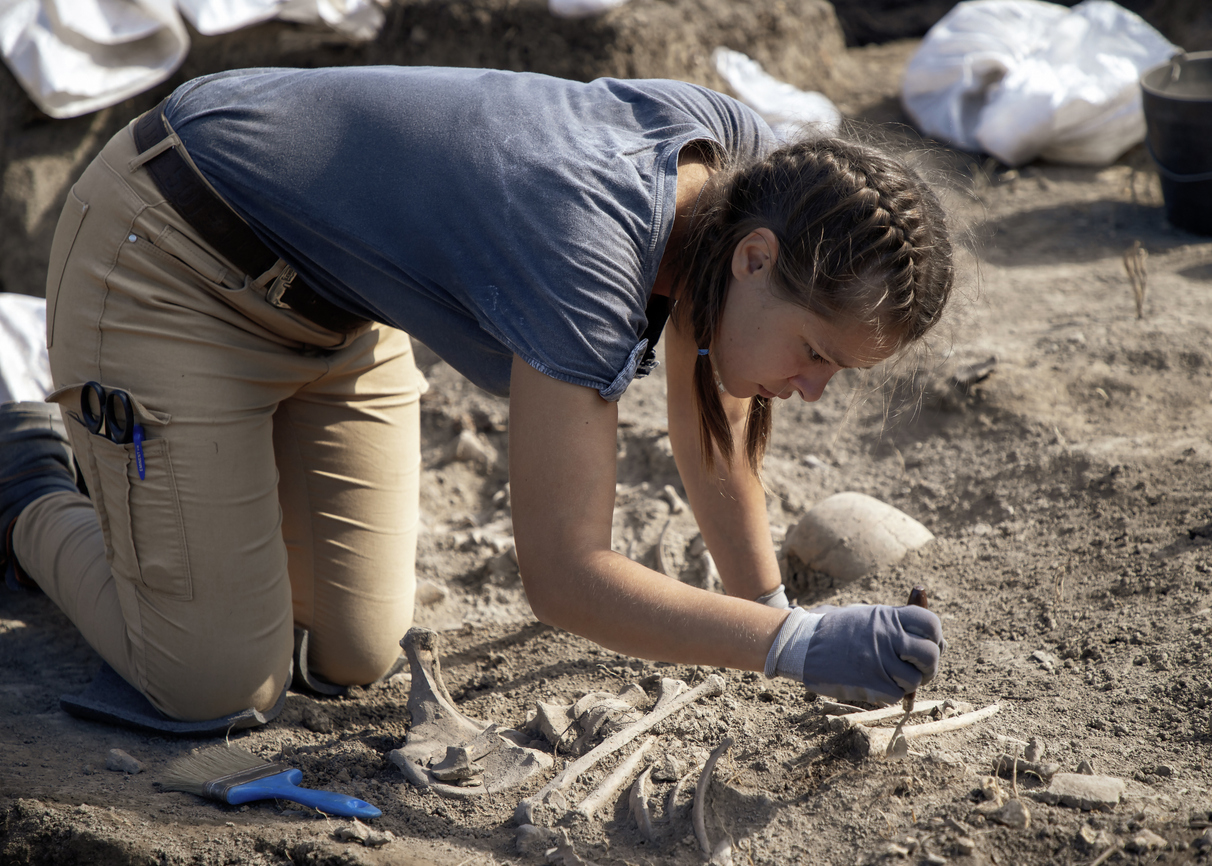How the liberal arts can help with career readiness
Looking to help your students find their competitive edge in a complex job market? Huron University’s Linea Dacosta addresses an important topic students and their parents should not overlook.

Created in partnership with

Created in partnership with

For years, the term “soft skills” has been applied to the abilities developed by liberal arts graduates. This reference is used in contrast to the tangible skills associated with technical degrees and hands-on learning.
However, this way of describing an arts education can create the misconception that these skills are optional rather than necessary for high-achieving young professionals. It also wrongly devalues the in-demand skills employers are looking for in today’s rapidly evolving job market.
University is about more than job prep and academic achievement: it is the place where people develop the knowledge, skills and passion for contributing meaningfully to humankind’s most pressing issues.
Due to the rise of artificial intelligence (AI), it’s becoming increasingly important to define what makes humans unique. Technical skills are quickly becoming the work of computers, so individuals who only train for one specific line of work may find themselves out of a career within the next five years. McKinsey & Company has shared that by 2030, automation may eliminate up to 800 million jobs. That means, students need to prepare themselves with transferable knowledge that AI cannot imitate.
Students need a degree that will protect their careers and ability to earn a leadership role
Understandably, parents worry about their children’s futures. Their concern can lead them to focus only on traditional career paths and technical skills. Parents often believe if students earn a technical degree, they will have a better chance of securing employment. This exposes students to the risk of limiting themselves before their careers even begin.
However, thought leaders and business icons are constant advocates for the power of people skills and the demand for liberal arts graduates. Even the late Steve Jobs identified connections between technology, the liberal arts and humanities.
When students pursue liberal arts topics like literature, history, and philosophy, connecting their programmes’ relevance to workplace readiness may, at first, be more challenging. However, as liberal arts students progress through their degree, they navigate classroom debates, tackle case-based group learning exercises and embrace off-site experiential learning opportunities.
As they evolve into critical thinkers, talented writers and effective collaborators, they establish themselves as professionals who can lead strategically rather than just complete tasks.
“The mark of the liberal arts graduate is a breadth of thinking, combined with mental agility,” Huron University president, Dr Barry Craig, shares. “The ability to think broadly and adaptably, paired with precise communication and problem-solving, lays a solid foundation for success in respectable careers.”
Globally known schools like Huron University educate leaders who reach the top levels of the world’s most prestigious organisations
Dr Craig notes how humanities graduates reach top organisational positions. He attributes their success to their cognitive flexibility, confidence and broad skill set.
Huron University’s strategic approach to education empowers graduates by focusing on humanness and career readiness. The Ontario-based university offers business and social science studies but also unique programmes like Marketing & Sustainability, Governance, Leadership and Ethics, and the world’s first degree in Animal Ethics. These degrees not only develop the skills of liberal arts graduates but also distinguish students as thought leaders and make them top candidates for coveted jobs.
Huron graduates across every discipline are exposed to experiences that curate portfolios deserving of the world’s best graduate schools and companies. This is a result of an undergraduate degree paired with guaranteed paid internship opportunities and mentorship from elite alumni.
At Huron, students build a portfolio that will be noticed, no matter how competitive recruitment is. The confidence and competence students gain at Huron University supports them towards an enhanced sense of self and ability to serve others – aligned to Huron’s mission to nurture leaders with heart.
Recap: Soft skills help navigate hard situations
Next time students or parents use the term “soft skills” when referring to the liberal arts, remind them there is nothing more powerful than these solid skills when it comes to leading at the corporate level, and at times on a global stage. Often, tough situations in the workplace require a balance of intelligence and empathy. With the right education as a platform, students have the ability to secure a meaningful and sustainable career, one that is also bullet proof from emerging technologies like the impacts of AI.
Learn more about Huron’s unique focus on bridging the liberal arts with emerging technology here.
About Huron University
Established in 1863, Huron is the founding institution of Western University and one of Canada’s oldest universities. Huron is located in London, Ontario, one of Canada’s fastest-growing cities, just two hours by train or car from Toronto.
Huron’s distinctive liberal arts, business and ethics-based programmes prepare students for leadership and professional success, while also developing their character. Class sizes are small and taught by tenured professors, and learning is collaborative, with a discussion-based approach. Huron is home to hundreds of international students, and is a national leader in offering merit-based scholarships.
Huron’s affiliation with Western University gives students all the benefits of a supportive, close-knit campus with ample residence space, plus all the amenities one would expect from a world-renowned institution. Being affiliated with one of Canada’s largest and most respected research universities means that students are visible and valued at Huron, while having full access to Western’s many clubs, courses and events. Huron students graduate with a Western degree.




